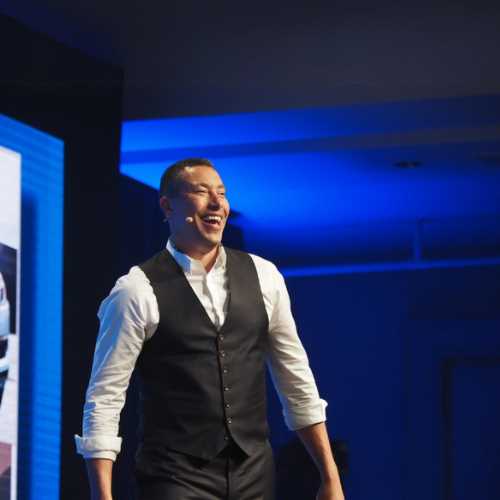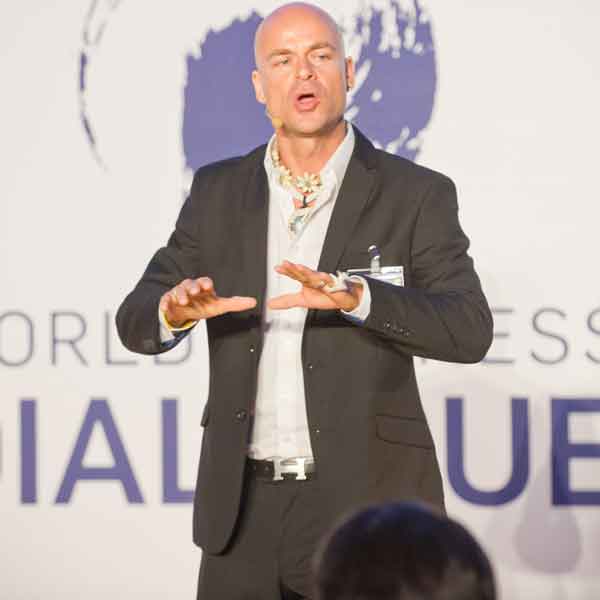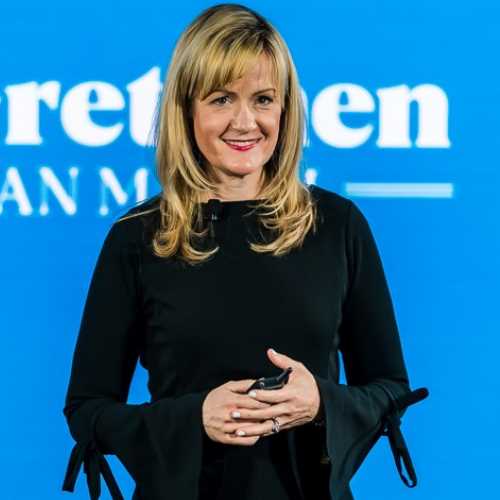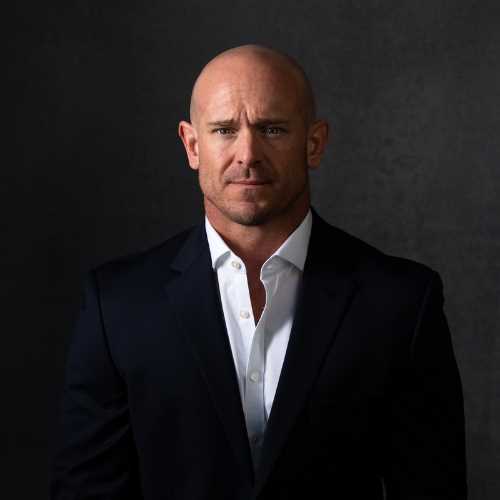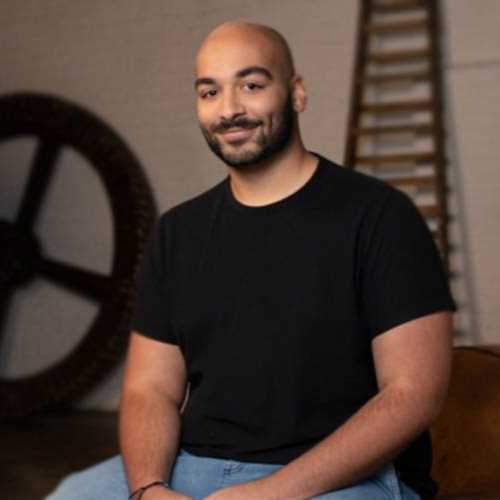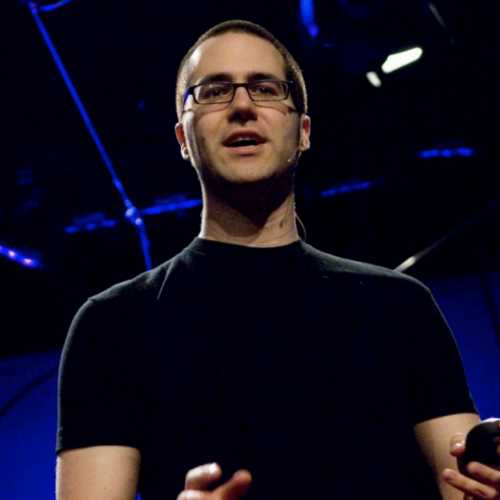
Josh Klein
- Hacker and Author of Hacking Work
- Host of Accenture and the NY Times new business podcast, The Big Change
In Person-Fee 🛈
$20,000 - $30,000
Virtual Fee:
$10,000 - $15,000
Travels From
New York
Josh Klein Speaker Biography
Josh Klein has practiced and was trained, both formally and informally, in hacking — social systems, computer networks, institutions, consumer hardware, animal behavior, and, most recently, the publishing industry. When he’s not taking things apart or putting them back together again he speaks, writes, and consults on new and emerging technologies that improve people’s lives — and has tremendous fun doing it.
Most of Josh’s time is spent speaking to companies and at conferences such as World Economic Forum’s annual meeting in Davos, Gadgetoff, TED, SICS, LA-IP, BIF, and Serious Play, and he has appeared on the Sundance Channel, Nova, and other programs. He also spends a significant amount of time consulting to companies large and small, such as Microsoft, Oracle, Frog Design, Nokia, Johns Hopkins, Bankinter, The United States Government, and others.
But really what Josh Kleindoes is this: he examines systems, he takes them apart, and he puts different pieces together to produce something new and more effective. He hacks. Everything.
Cybersecurity: It's People
Cybersecurity has evolved from lone wolves duking it out in sparse online forums to massively parallel cyber industrial complexes manned by nation states. As our attack surfaces shifted from individual servers to cloud infrastructures, from zero-day one-offs to massively sophisticated media ecologies, corporations became the sacrificial lambs.
The reason for this is people. Because the arms race between state actors has driven the speed and scale of cyberattacks to unprecedented new heights, increasingly the easiest way "in" is the soft squishy middle - the human element.
Come learn how evolving AI and analytical engines are producing insights into human manipulation at an incredible new level. Josh Klein walks you through the frightening - and myriad - ways in which corporations, countries, and common thieves are exploiting your very nature to change your behavior and steal your stuff.
Forewarned is forearmed - don't miss the chance to get ahead of potential attackers (and competitors) in using emerging technologies both defensively and ethically.
The Future of Work
The pandemic compressed a decade's worth of technology adoption into one short year, and nowhere has that been felt more keenly than at work - or home, depending on what you call it.
As white-collar workers discover the benefits and costs of working from home the majority of businesses are trying to reconcile what will be needed to keep them employed, satisfied, and growing. Moreover, the question still remains of how best to take advantage of the increased flexibility and reach a distributed workforce might represent.
Join Josh as he surfaces examples of how different technologies have prompted adaptation in the past and how they compare with the changes we're working through today. In creating a model for change, your listeners will be armed with a framework for forecasting not just the threats, but also the opportunities unique to each organization.
The future of work hasn't seen such a big shift since the industrial revolution. But with the right mindset and a little careful planning, companies can be agile and secure in taking advantage of it!
The End of the Great Stagnation
In 2011 economist Tyler Cowen published "The Great Stagnation," arguing that the American economy had reached a historical technological plateau that contributed to stagnation in the median American wage since 1973.
In 2020 he argued that it was over. In the last year alone we have seen world-changing advances in technologies as diverse as AI and medicine and from drones to data analytics. The dynamism and disruption caused by these new capabilities haven't even begun to be felt as, unseen by most behind the screen of the pandemic, fast-moving new companies are taking these technologies and running with them.
Drawing on his personal experiences on the front lines of E-Commerce, Mobile, and Cloud Computing as they emerged, Josh Klein walks your audience through key identifiers of transformative tech. By providing a framework for spotting trends, identifying opportunities, and shaping strategy, listeners will emerge vastly better prepared to make astute choices around emerging technology going forward.
The disruptions we've seen technology produced in the past had harbingers that mostly happened linearly. They happened, ironically, in a period of innovation draught. Now we're facing more cumulative opportunity and risks, with bigger impact and faster onset, and we're looking at them happening all at once.
Hang on to your hats and bring a notepad - this is going to be a wild ride!


